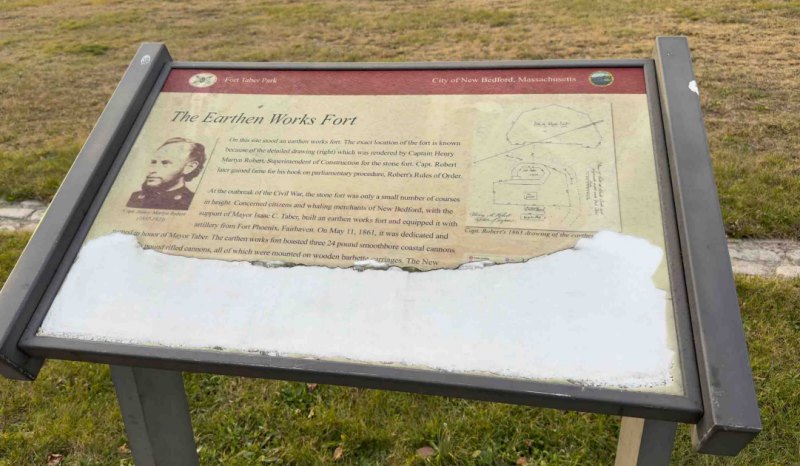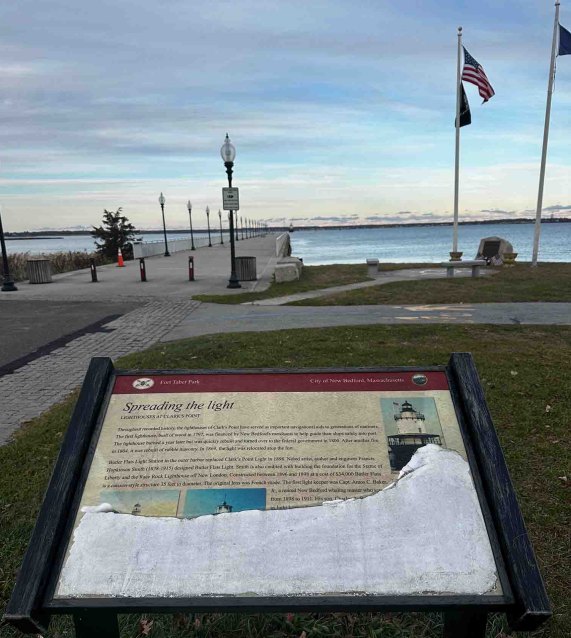Massachusetts Extends Food Benefit To Legal Immigrants
By Sam Drysdale
State House News Service
The Legislature and Gov. Maura Healey last week quietly restored a policy to offer state-funded food benefits for immigrants who are in the U.S. legally, but who are not citizens.
The benefits expansion authorized in a $3.1 billion spending bill will cost about $6 million, which advocates say will last seven months.
Massachusetts used to be one of six states that offered Supplemental Nutrition Assistance Program (SNAP) benefits to all legal immigrants who met the program’s income requirements. The state halted funding for the program after five years in 2002, and other five states offer these benefits.
With the influx of thousands of new immigrants into Massachusetts over the past year, immigration and anti-homelessness advocates called for the state to again expand food benefits for low-income populations who are excluded from federal benefit programs.
“This is going to be huge for our families. This is going to be such a relief for many of them because they’re dealing with so much on their plate,” said Norieliz DeJesus, policy and organizing director at Chelsea-based La Colaborativa community group.
La Colaborativa runs a twice-weekly food pantry under the Tobin Bridge, which sees about 10,000 people every week who line up for food. DeJesus said that number has increased significantly in the past year, as the number of new immigrants in Massachusetts has grown.
Hungry families begin lining up at 6 a.m., she said, though La Colaborativa does not begin to hand out food until 3 p.m. Many of these families are here legally but do not have federal authorization to work, and cannot qualify for federal benefits due to their immigration status, leaving them with few options to take care of themselves and their children, DeJesus said.
Expanding SNAP benefits so these individuals can shop at a grocery store instead of waiting in line at the food pantry will have a big impact, she said.
“It’s not going to resolve everything they’re going through, but just knowing that they don’t have to be under the pressure of making the food line on time or missing a day at work or leaving the food line in time to pick up their child from school,” DeJesus said. “Those are the things they’re constantly stressing about while they’re in line, so that at least will not be part of the equation.”
There’s a “complicated patchwork” of rules about which immigrants can access federal benefits, said Massachusetts Law Reform Institute senior policy advocate Pat Baker.
Immigrants ineligible for federal benefits who will now have the chance to access state SNAP include humanitarian parolees and those here “under the color of law” which could include some applicants for asylum, immigrants granted temporary protected status and others who are lawfully present and have work authorizations but are not considered “qualified” for benefits.
This includes many of the new immigrants coming into Massachusetts from Central and South America, who are here with permission from the federal government, Baker said.
In addition, Ukrainian refugees’ immigration status is being changed from humanitarian parolees to “temporary protected status,” meaning they will go from qualifying for federal SNAP to no longer being able to access the benefits, Baker said.
In Massachusetts, the maximum SNAP payment for one person is $291 per month, $535 for two people, and $766 for a family of three, according to MLRI.
“We’ve had this really historic, long-standing gap in access to basic food and SNAP benefits since 1996 when the Welfare Reform Law came through, and it just slashed and burned federal programs, including SNAP and cash benefits. And then we had the Massachusetts benefits for five years, and that picked up a lot of these populations,” Baker said.
She added, “Congress has not kept up with making sure certain populations we’re welcoming to the country can also survive the transition period. And the Biden administration authorized humanitarian parole for many new arrivals, but they don’t get work authorization so they can’t support themselves, and at the same time they can’t get benefits.”
The number of people in the Emergency Assistance shelter system has more than doubled since this time last year, with over half of the new entrants coming from other countries legally under federal immigration laws.
“As Massachusetts continues to address the challenges associated with the ongoing humanitarian crisis, it’s critical that both the Commonwealth’s most vulnerable residents and legally present immigrants have access to SNAP benefits so they are able to feed their families, part of a broader effort to ensure that no child in Massachusetts goes hungry,” House Speaker Ron Mariano said in a statement shared with the News Service on Monday.
The House last month included the $6 million in SNAP funding in its version of the supplemental budget. The Senate did not include the funding in its bill, but the House-Senate compromise bill Healey signed into law did include the measure.
“Massachusetts is better off when the most vulnerable in our communities are cared for,” Senate President Karen Spilka said in a statement. “Access to food is a priority, no matter where you come from or what part of the Commonwealth you live in, and I was happy to see aid for that purpose included in the supplemental budget.”
Both Baker and DeJesus said they hope Healey will include funding to continue the nutrition benefits in her fiscal year 2025 proposal.
DeJesus said the SNAP expansion is particularly impactful during the holiday season.
“Now that Christmas is coming up and New Year’s, and for our Latino community often they celebrate Three Kings Day in January. So those are all things that have various specific dishes that remind them of back home, and they’ll be able to provide that for their family,” she said. “It provides them with a sense of dignity.”





